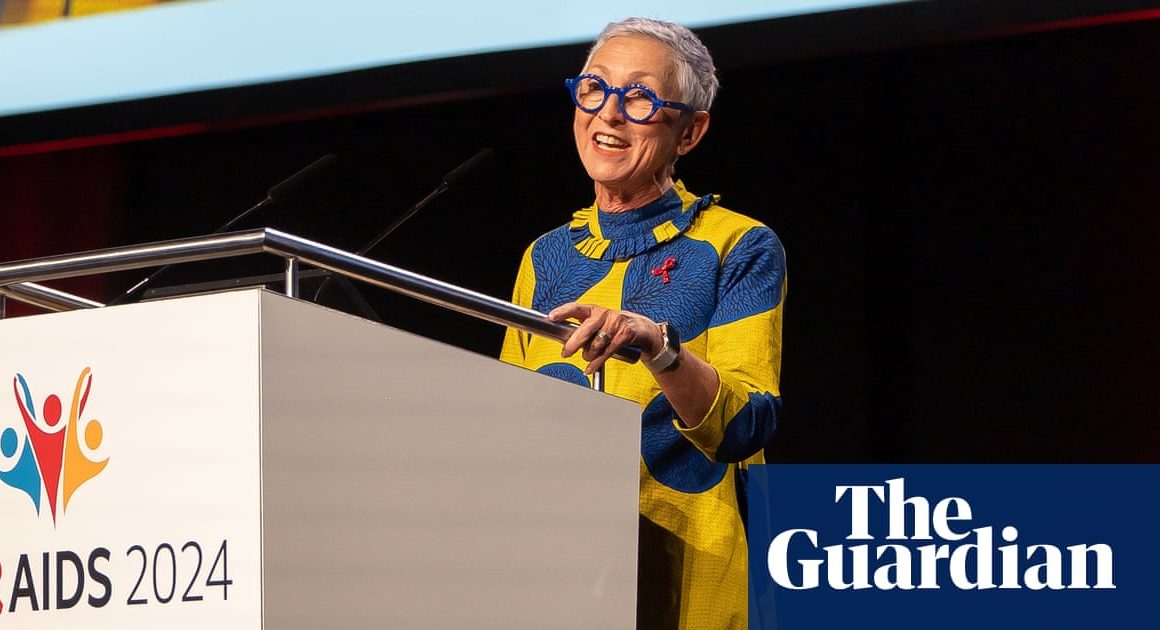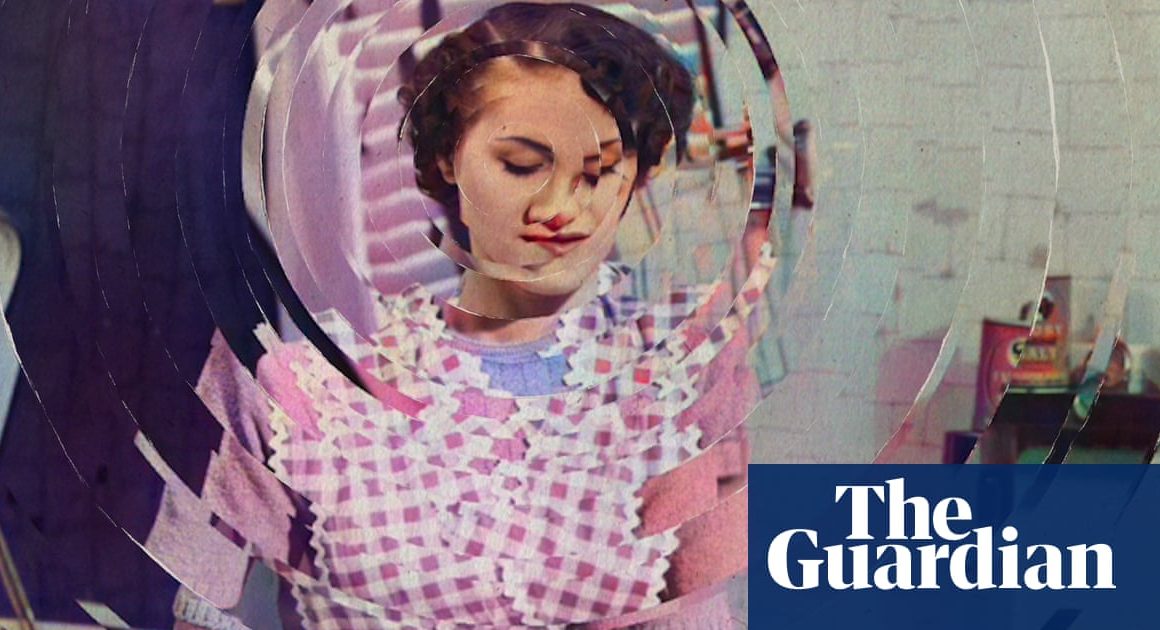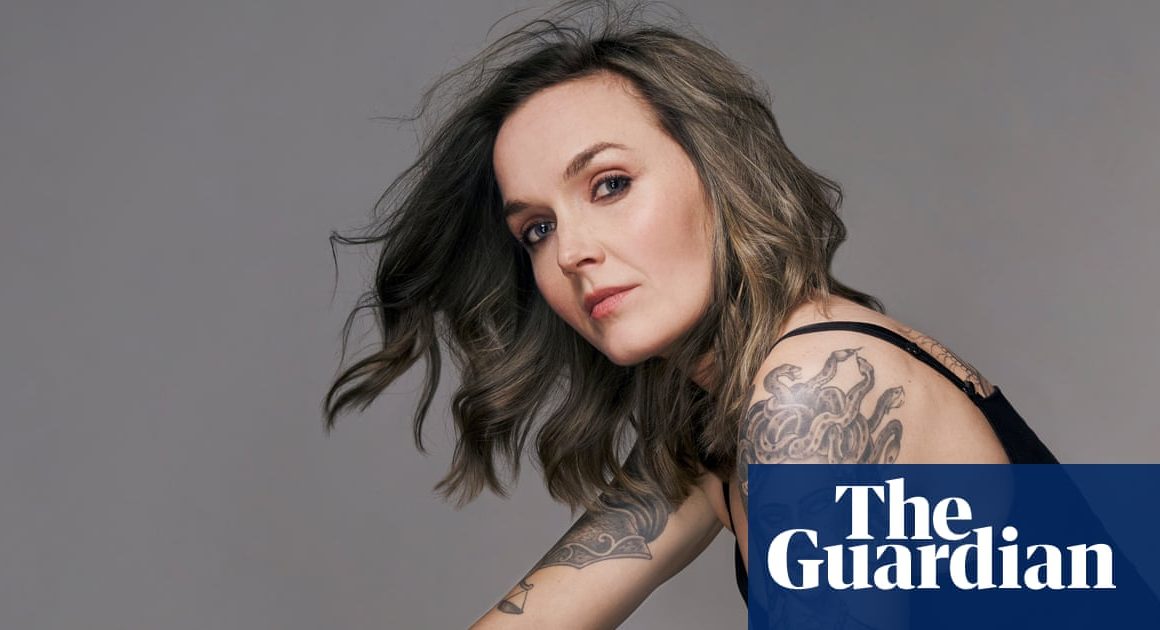Gloria Steinem said: âThe story of womenâs struggle for equality belongs to no single feminist nor to any one organisation but to the collective efforts of all who care about human rights.â The key then, for all of us trying to make the world a better place for women, is not to complain but to act.
I am celebrating this International Womenâs Day in the same week that my own initiative to promote womenâs equality, the Womenâs prize for fiction, announced its longlist, and in the same year that we launched the inaugural Womenâs prize for nonfiction.
When I co-founded the Womenâs prize in 1996, the impetus came from a shortlist announcement from a major literary prize in 1991 that had no female authors on it at all, compounding a growing awareness of the lack of respect for writing by women. That, in itself, is not necessarily a problem â judges have the right to choose the six books that they feel most embody the spirit of the prize they are judging, however the cards fall. The issue was that nobody noticed. Many of us working in publishing, bookselling, libraries, newspapers, asked ourselves what would have happened if they had put out a shortlist of all women. Everybody would have seen that as political, whereas the absence of women was seen as, simply, just how it was. It was clear that publishing was no less hidebound than any other industry and a little research revealed that fewer than 9% of authors shortlisted for major literary awards were women, despite being responsible for 60% of the novels published in the UK. Women were getting smaller advances, though their books performed just as well â or better â and novels by men were multiple times more likely to be reviewed. It wasnât a conspiracy; it was an industry that was slow to evolve.
Creating the Womenâs prize for fiction wasnât easy. We were entrepreneurs with an idea and we needed â and still need â investment. Over the last 29 years, thanks to our sponsors, partners, patrons and donors, an entire generation of readers and writers and publishers has grown up knowing that the prize is out there, boosting visibility, celebrating originality, accessibility and excellence, and ultimately working towards gender equality in the world of books.
And as of 2024, it isnât only about fiction. This year, for the first time, we are delighted to be awarding a Womenâs prize for nonfiction, which has long been a goal. Our motivation was similar to the imbalance that frustrated us â and ultimately inspired us â back in 1991. According to Nielsen Bookscan, during 2022 there were four weeks when the entire Top 10 bestselling nonfiction hardbacks were written (or ghostwritten) by male authors, despite many exceptional books by women being published during that period: books about science and nature, history and recollection, art and AI, travel and belonging, physics and philosophy. Some number crunching revealed that 75% of nonfiction books reviewed in the British media were authored by men, despite the ratio of male-female writers being around about equal.
The Womenâs prize represents and advocates, now more than ever, since we became a registered charity six years ago. We insist that womenâs writing deserves an equal status â not more, not less, but equal. There is room for all. Many times, over the last three decades, I have advised others â men and women â setting up their own competitions and prizes, each with their own rules and focus. Because prizes matter, they put quality writing in the hands of women and men who will appreciate it. And we will continue to celebrate, to promote and engage because, as Margaret Atwood memorably put it: âA word after a word after a word is power.â
Details of the longlist for this yearâs inaugural Womenâs prize for nonfiction can be found here
after newsletter promotion












